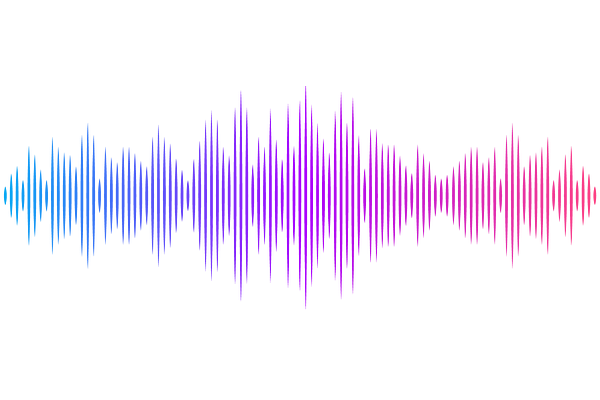Sex specific correction of maternal inflammation-induced behavioral abnormalities by the inhibition of colony-stimulating factor 1 receptor

Sex specific correction of maternal inflammation-induced behavioral abnormalities by the inhibition of colony-stimulating factor 1 receptor
Delpech, J. C.; Yeh, H.; Kalavai, S. V.; You, Y.; Ruan, Z.; Touch, N.; Hersh, S.; Monguillon, P.; Johnson, W. E.; Rau, A.; Madore-Delpech, C.; Ikezu, T.; Ikezu, S.
AbstractWe have previously reported the therapeutic effect of depletion and regeneration of endogenous microglia on autism spectrum disorder-like behaviors in offspring from the dams under maternal immune activation (MIA) by dampening their neuritogenic activation. Here we show a long-lasting pathological effect by MIA, leading to abnormal behaviors in offspring mice in a sex-specific manner at 3 months of age. MIA was induced by injecting Polyinosinic:polycytidylic acid [Poly(I:C)] at 10mg/kg at E9.5 with preselected dams based on the immunoreactivity to low-dose Poly(I:C) injection. MIA offspring show impairments in sociability, repetitive behavior, and spatial working and associative memories in both sexes, whereas only male offspring show social novelty deficit. MIA has no effect on anxiety-like behavior nor sensori-motor or locomotor activity. Administering colony stimulating factor receptor (CSF1R) inhibitor in young adult MIA offspring regenerates microglia and ameliorates sociability deficits in males and spatial working and associative memory impairments in both sexes without effect on social novelty impairments. Transcriptomic analysis of prefrontal cortex and hippocampal tissues reveals MIA and sex-specific pathways and highlights potential key genes involved in the corrective effect of microglial regeneration in MIA offspring. Our results underscore the potential of the sex-specific therapeutic applications of CSF1R inhibitor for MIA-related social and cognitive disorders.